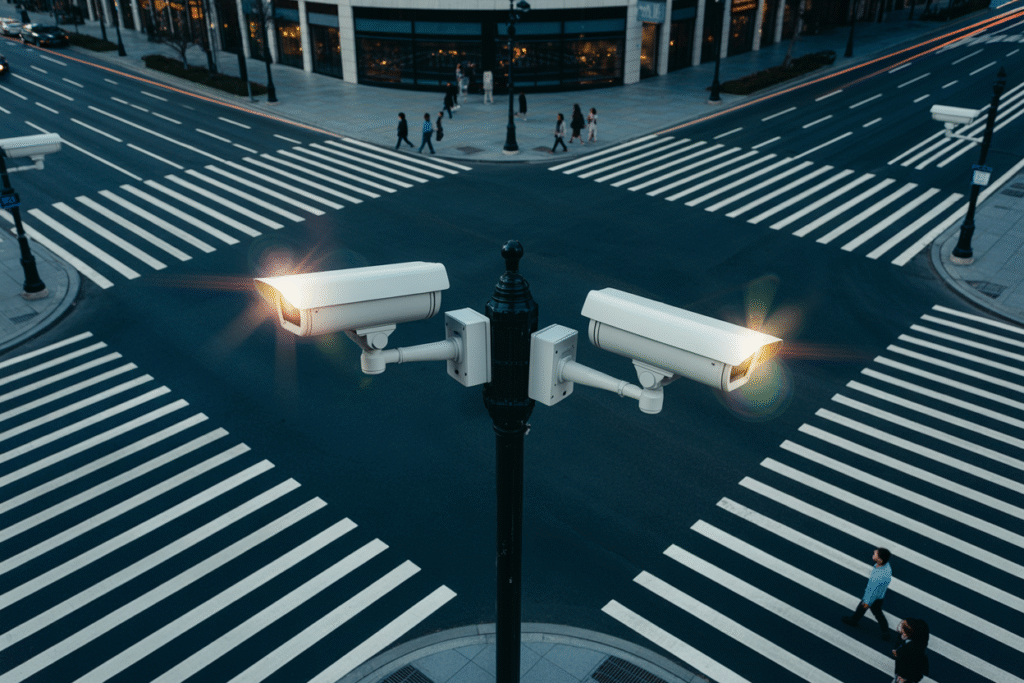Can one state rewrite the rules for artificial intelligence worldwide—or is it stepping on federal toes?
While headlines scream about runaway robots, a quieter battle is unfolding in Sacramento. Paul Triolo, a veteran tech-policy strategist, just dropped a thread arguing that California can—and should—lead the planet on AI regulation. His pitch? Fold the EU’s Code of Practice and the new US Center for AI Standards and Innovation (CAISI) into a single compliance pathway that protects residents, upholds democratic values, and still lets startups breathe. The stakes feel cinematic: will the Golden State become the moral compass for AI, or will a patchwork of rules strangle innovation?
The Pitch: One Rulebook to Rule Them All
Triolo’s core idea is almost elegant in its simplicity. Instead of every city, state, and nation writing its own AI playbook, California would adopt a harmonized standard that already exists—marrying Europe’s strict transparency rules with Washington’s emerging safety benchmarks.
Startups wouldn’t juggle fifty different checklists; they’d follow one gold-standard recipe. Investors could price regulatory risk with confidence. And citizens would know that any AI product sold in California meets the toughest ethics bar on Earth.
Sounds utopian, right? That’s exactly why it’s controversial.
Why Tech Titans Are Nervous
Big Tech lobbyists argue that a single state shouldn’t dictate terms for algorithms that live in the cloud. They fear a domino effect: if California demands algorithmic audits, New York might add biometric bans, and suddenly every app ships with a warning label longer than a mortgage contract.
Smaller founders whisper another worry—compliance costs. Hiring third-party auditors isn’t cheap when you’re ramen-profitable. One founder told me, half-joking, “We can barely afford GPUs; now we need philosophers too?”
Yet Triolo counters that fragmented rules already cost more. A unified standard, he claims, actually lowers the barrier to entry by eliminating guesswork.
The Global Chessboard
Zoom out and the picture gets geopolitical. The EU’s AI Act is already influencing laws in Brazil, Canada, and South Korea. If California signs on, the combined market size becomes irresistible—effectively creating a de-facto global standard.
China, meanwhile, watches from the sidelines. Its own AI regulations prioritize state control over individual rights. A California-EU-US alignment could isolate Chinese models or force them to fork into separate, more opaque versions.
Triolo’s thread hints at a soft-power play: whoever writes the rules first sets the moral narrative for the decade.
The Moral Minefield
Strip away the policy jargon and you’re left with a philosophical brawl. Should an algorithm that decides who gets a mortgage be judged by accuracy alone—or by how it treats historically red-lined neighborhoods?
Supporters say regulation is the only way to bake fairness into code. Critics retort that ethics can’t be legislated; it has to be engineered from day one. The debate turns personal fast: whose definition of fairness wins when cultures disagree?
Triolo tries to sidestep the culture war by anchoring everything to measurable outcomes—bias audits, transparency reports, and redress mechanisms. But even metrics can be gamed, and the public remains skeptical.
What Happens Next—and How You Can Shape It
Public comment periods open soon. If you’re a founder, now is the time to spell out how audits would actually work on your stack. If you’re a citizen, write the lawmakers who claim to represent you—most still think AI risk is science fiction.
Triolo’s thread ends with a dare: prove that innovation and oversight aren’t mortal enemies. The next six months will test that hypothesis in real time.
So, ready to pick a side? The future of AI might be decided by the comments section—make yours count.


